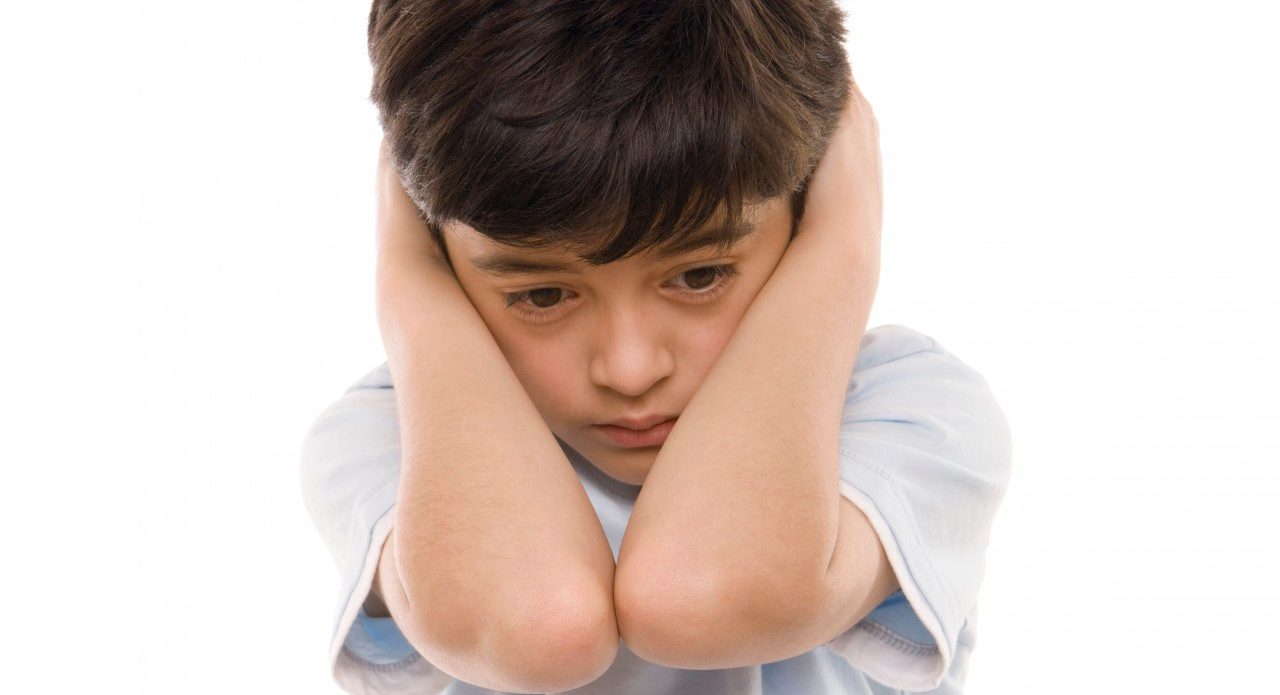More Special Ed Kids Get an Autism Diagnosis

The surge in kids receiving an autism diagnosis, instead of other conditions, may be mostly a matter of definition.
Rumors flew that children were developing autism after receiving vaccines, though there is no evidence to back this up. Whenever we see an increase in a disorder, we look for a new cause: diet, illness, exposure to chemicals, something the mother did during pregnancy, bad parenting. In fact, the increase may be a matter of definition and recognition: more people receive the diagnosis as it becomes better understood. Now, new research strongly suggests that this is the case with autism.
The number of American children diagnosed with autism keeps going up, from less than 7 percent in 2000 to nearly 18 percent in 2010, according to the Centers for Disease Control and Prevention. The agency has continued to report increases. There are about five boys for every girl with the disorder, which is very commonly one of at least two issues troubling a child. It’s quite hard to diagnose a child with multiple difficulties. Also, 20 years ago, doctors didn’t imagine that a child who had above-average intellectual ability could be autistic. Today, 46 percent of kids with an autism diagnosis get average or better scores on IQ tests.
However they do on a test, autistic kids probably need special education classes. But over 11 years, there has not been an increase in the number of American students enrolled in special education classes, according to research by scientists at Penn State University. Instead, more special-ed kids were getting an autism diagnosis, and the increase was offset by a nearly equal decrease in students diagnosed with other mental disabilities. Under federal law, special-ed students are classified into one of 13 categories, including autism spectrum disorders, intellectual disability, emotional disturbance, other health impairment, and specific learning disabilities. Children get one classification even though they could be candidates for several. Among 8-year-olds, about 59 percent of the increase in autism students occurred because they were reclassified out of the “intellectual disability” category. By age 15, reclassification accounts for nearly all of the new autism cases.
"Every individual can show a different combination of features," said Santhosh Girirajan, PhD, assistant professor of biochemistry and molecular biology and of anthropology at Penn State and the leader of the research team. "The tricky part is [that] … the set of features that define autism is commonly found in individuals with other cognitive or neurological deficits."
The pattern of reclassification didn’t occur in California, New Mexico, and Texas, probably because of differences in the states’ health policies, the researchers noted.
Do get a professional assessment if you see signs of autism in your child: It’s possible to diagnose autism as early as the age of 2, but, on average, children are diagnosed after the age of 4. Early intervention can help to boost social and language skills, IQs, independence, and flexibility.
Most babies and toddlers who receive an autism diagnosis later on are less responsive than other children. For example, they may be less interested in playing peek-a-boo, and even after they learn their names still don’t respond consistently when they’re called. They’d rather line up hard objects like pens and keys than sit in your lap. Up to 30 percent of autistic kids, according to the American Academy of Pediatrics, do not show any abnormal signs as babies but begin to regress after a year or 15 months. Others stop developing after a year.
These are the danger signs in two-year-olds listed by the Autism Science Foundation:
- Doesn’t use two-word phrases (mama up, want milk)
- Doesn’t know what familiar things (cup, spoon, phone) are used for
- Doesn’t imitate actions and words
- Doesn’t follow simple instructions
- Doesn’t walk steadily
- Loses skills he or she once had
The bottom line is that we don’t seem to be in the throes of an autism epidemic. But, of course, you want to do all you can for your child.
Updated:
April 03, 2020
Reviewed By:
Christopher Nystuen, MD, MBA